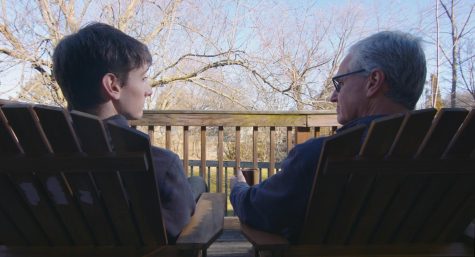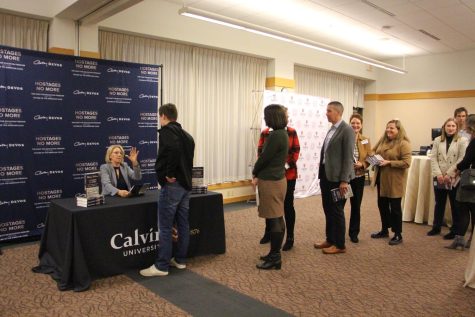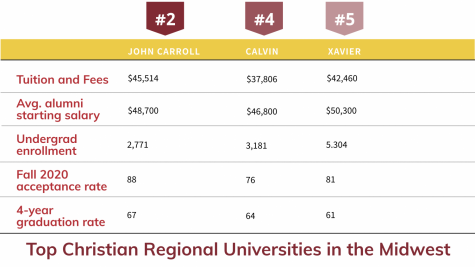January Series (1/16): Lisa Sharon Harper
“The Very Good Gospel: How Everything Wrong Can be Made Right”
Lisa Sharon Harper took the stage on Martin Luther King Jr. Day to speak on her own experiences of using the gospel, something she knows much about as chief church engagement officer at Sojourners. Harper has gained experience in places from Ferguson to New York, and even as far as Germany
She began by sharing two stories from a pilgrimage that she took part in 13 years ago. Harper talked about two main destinations of the trip: the Cherokee Trail of Tears and sites of the civil rights movement. For each destination, Harper asked “What does the gospel have to say about this?”
The first site was Dahlonega, Georgia, the location of the first gold rush in America. In the end, it lead to the forced march of Cherokees and other Native Americans along the Trail of Tears. While at this site, Harper’s group visited a memorial for the miners. They noticed that there was hardly any mention of the Cherokees besides a small section noting the parceling of the Cherokee land.
This was personal for Harper, because one of her ancestors walked the Trail of Tears. She asked, “What does the Gospel have to say about this?” What would the Gospel have to say to her ancestor, as she suffered on that long walk?
The King Center in Atlanta was also personal for Harper because she had a slave ancestor on the other side of her family, Leah Ballard, who was forced to be a “breeder.” Ballard had 17 children with several different masters. Again, Harper asked herself whether she could go up to her ancestors and give them the message that she had been taught for so long to share: that they were depraved and sinful, but God loved them and would forgive them and give them eternal life. “Was that a message that would make them rejoice?” Harper asked herself. And the answer, she decided, had to be “no.”
Harper asked, “If the gospel is not good news to the most oppressed, then is it good enough?”
This idea sent Harper into a year-long depression. But eventually this led her to take a closer look at the Gospel, and what “shalom” really meant. She studied the first two chapters of Genesis. She looked at how God created light, and how the light cut through the darkness. In the same way, Harper knew that God would use light to cut through evil and sin.
She ended with the following words: “God sees. God is light. He will cut through the darkness. He cares about your oppression. Amen.”






